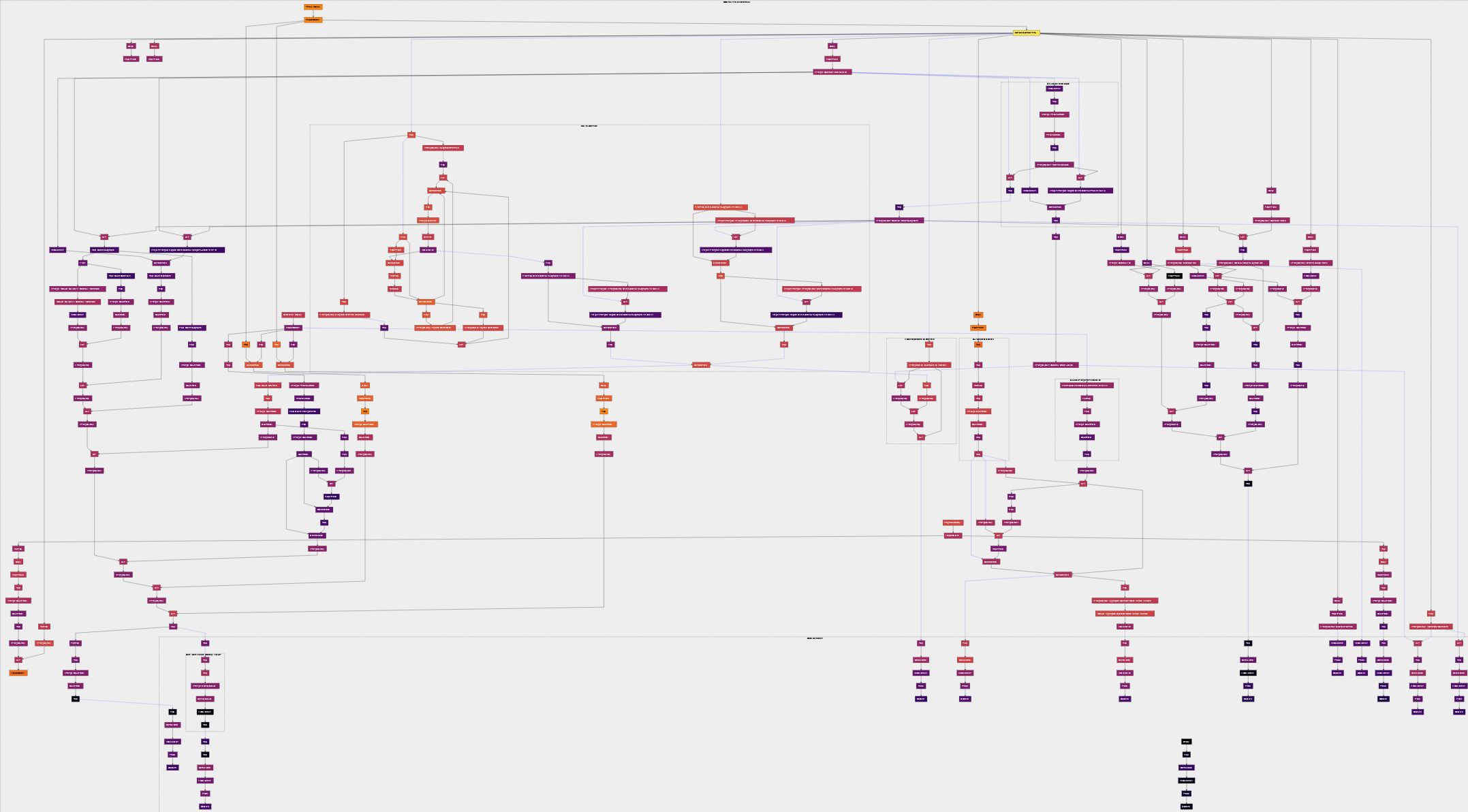cogo
Way too Easy
Cogo is a high-performance library for programming stackful coroutines with which you can easily develop and maintain massive concurrent programs. It can be thought as the Rust version of the popular [Goroutine][go].
Initial code frok from May and we add Many improvements(Inspired by Golang, parking_lot and crossbeam) and more...
Performance
- platform(16CPU/32 thread AMD Ryzen 9 5950X,32GB mem,Os:Unbutu-20.04)
- TechEmpowerBench fork project
cogo crates
Cogo Powerful standard library
cogo/std/http/serverAn HTTP server is available(Body parsing upcoming)cogo/std/http/clientAn HTTP Client(TODO) upcomingcogo/std/queueBasic queue data structurescogo/std/syncIncludesMutex/RwLock/WaitGroup/Semphore/chan!()/chan!(1000)...and more..cogo/std/deferDefers evaluation of a block of code until the end of the scope.cogo/std/mapProvides the same concurrency map as Golang, withSyncHashMapandSyncBtreeMap.It is suitable for concurrent environments with too many reads and too few writescogo/std/timeImprove the implementation of a high performance timecogo/std/lazyThread/coroutine safe global variable,Lazy struct,OnceCell
Crates based on cogo implementation
- cdbc Database Drivers include mysql, Postgres, AND SQLite
- fast_log High-performance log impl
- cogo-redis TODO: an redis client.
- cogo-grpc TODO: an grpc server/client.
Features
-
The stackful coroutine implementation is based on [generator][generator];
-
Support schedule on a configurable number of threads for multi-core systems;
-
Support coroutine version of a local storage ([CLS][cls]);
-
Support efficient asynchronous network I/O;
-
Support efficient timer management;
-
Support standard synchronization primitives, a semaphore, an MPMC channel, etc;
-
Support cancellation of coroutines;
-
Support graceful panic handling that will not affect other coroutines;
-
Support scoped coroutine creation;
-
Support general selection for all the coroutine API;
-
All the coroutine API are compatible with the standard library semantics;
-
All the coroutine API can be safely called in multi-threaded context;
-
Both stable, beta, and nightly channels are supported;
-
x86_64 GNU/Linux, x86_64 Windows, x86_64 Mac, aarch64 Linux OS are supported.
-
Support High performance chan(like golang)
-
Support WaitGroup Support(like golang)
-
Support defer!() (like golang)
-
Support Rustls
-
Support Time (like golang)
-
Support error/err!() (like golang)
-
Support select match Ok(v)/Err(e) (like golang)
-
Support Lazy/OnceCell
-
Support SyncMap(like golang)
-
Support Ticker(like golang)
Usage
A naive echo server implemented with Cogo:
#[macro_use]
extern crate cogo;
use cogo::net::TcpListener;
use std::io::{Read, Write};
fn main() {
let listener = TcpListener::bind("127.0.0.1:8000").unwrap();
while let Ok((mut stream, _)) = listener.accept() {
go!(move || {
let mut buf = vec![0; 1024 * 16]; // alloc in heap!
while let Ok(n) = stream.read(&mut buf) {
if n == 0 {
break;
}
stream.write_all(&buf[0..n]).unwrap();
}
});
}
}
More examples
The I/O heavy bound examples
Caveat
There is a detailed [document][caveat] that describes Cogo's main restrictions. In general, there are four things you should follow when writing programs that use coroutines:
- Don't call thread-blocking API (It will hurt the performance);
- Carefully use Thread Local Storage (access TLS in coroutine might trigger undefined behavior).
It's considered unsafe with the following pattern:
set_tls(); // Or another coroutine API that would cause scheduling: coroutine::yield_now(); use_tls();but it's safe if your code is not sensitive about the previous state of TLS. Or there is no coroutines scheduling between set TLS and use TLS.
- Don't run CPU bound tasks for long time, but it's ok if you don't care about fairness;
- Don't exceed the coroutine stack. There is a guard page for each coroutine stack. When stack overflow occurs, it will trigger segment fault error.
Note:
The first three rules are common when using cooperative asynchronous libraries in Rust. Even using a futures-based system also have these limitations. So what you should really focus on is a coroutine stack size, make sure it's big enough for your applications.
How to tune a stack size
cogo::config().set_stack_size(8*1024);//default is 4k=4*1024,Multiple of 4kb is recommended



